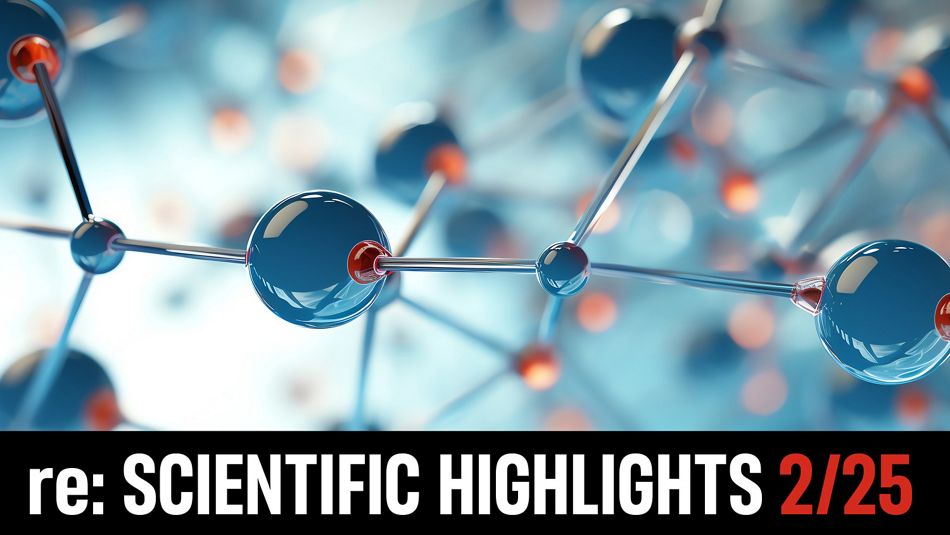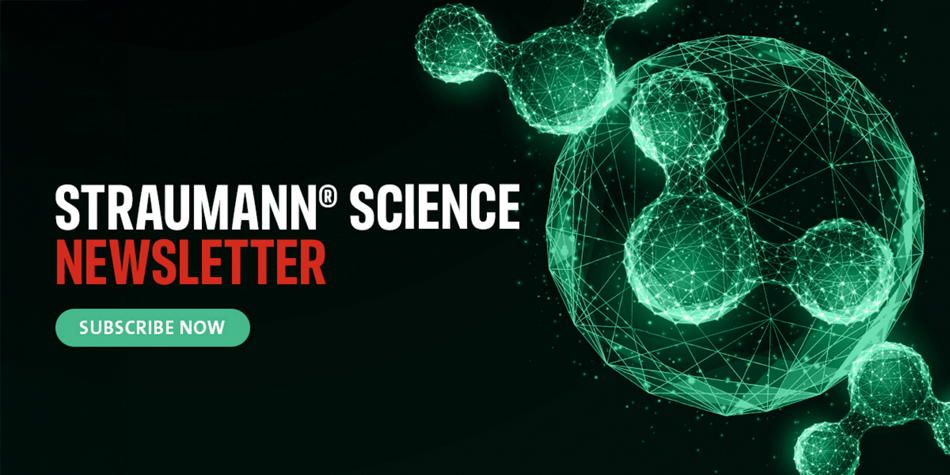STUDY OBJECTIVES AND METHODS
The purpose of this study was to explore the influence of three materials commonly used in implant dentistry, namely titanium (Ti), dental adhesive resin (Re) and polyetheretherketone (PEEK), on the peri-implant soft tissues. In this clinical randomised comparative study, 37 bone-level implants were placed, and experimental transmucosal healing abutments made of different materials were randomly assigned to each implant. These abutments were removed together with the surrounding soft tissues after 8 weeks. Immunohistochemical analyses were performed to determine the presence and localisation of different immune cells. In addition, clinical and radiographic data were collected and peri-implant bone remodeling was assessed.
RESULTS
- Compared to the Ti and PEEK groups, Re abutments revealed a higher infiltration of macrophages in the connective tissue (p = 0.04) and neutrophils in the adjacent epithelium (p = 0.03).
- In the Re abutments, peri-implant bone remodeling was higher compared to the other groups (p = 0.01).
CONCLUSIONS
The use of resin material as a transmucosal healing abutment should be carefully considered as it was associated with a higher presence of inflammatory cells at 8 weeks post-implantation as well as superior bone remodeling compared to PEEK and Ti.
Adapted from L Liegeois et al., Clin Oral Implants Res. 2025 Mar;36(3):397-409, for more info about this publication, click HERE.
More studies:
- Obesity prolongs the pro-inflammatory response and attenuates bone healing on titanium implants
- Two-Stage Crestal Sinus Elevation Using Osseodensification Technique for Single Molar Restoration: A Case Report
- Evaluation of the effects of the small intestine submucosa biological membrane on guided bone regeneration and early loading of dental implants in the maxillary anterior region: A randomized controlled trial
- Early marginal peri-implant bone loss around tissue-level implants: a retrospective radiographic evaluation
- The Effect of Patient-related Factors Age, Sex, Implant Location, and Periodontitis on Crestal Bone Loss in the Posterior Ridge: A Retrospective Study
- Similar patient-reported satisfaction and professional appraisal of implant-supported fixed dental prosthesis fabricated by different workflows
- Application of a semi-active robotic system for implant placement in atrophic posterior maxilla: A retrospective case series
- Monolithic Zirconia Single Crowns Supported by Narrow- or Standard-Diameter Titanium-Zirconium Implants in Posterior Sites: 1-Year Results of a Randomized Controlled Trial
- Influence of Implant Geometry on the Surface Strain Behavior of Peri-Implant Bone: A 3D Analysis
- Electrolytic Surface Decontamination in the Reconstructive Therapy of Peri-implantitis: Single-Center Outcomes


